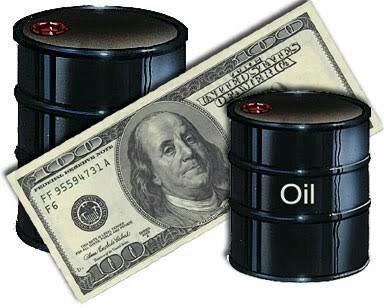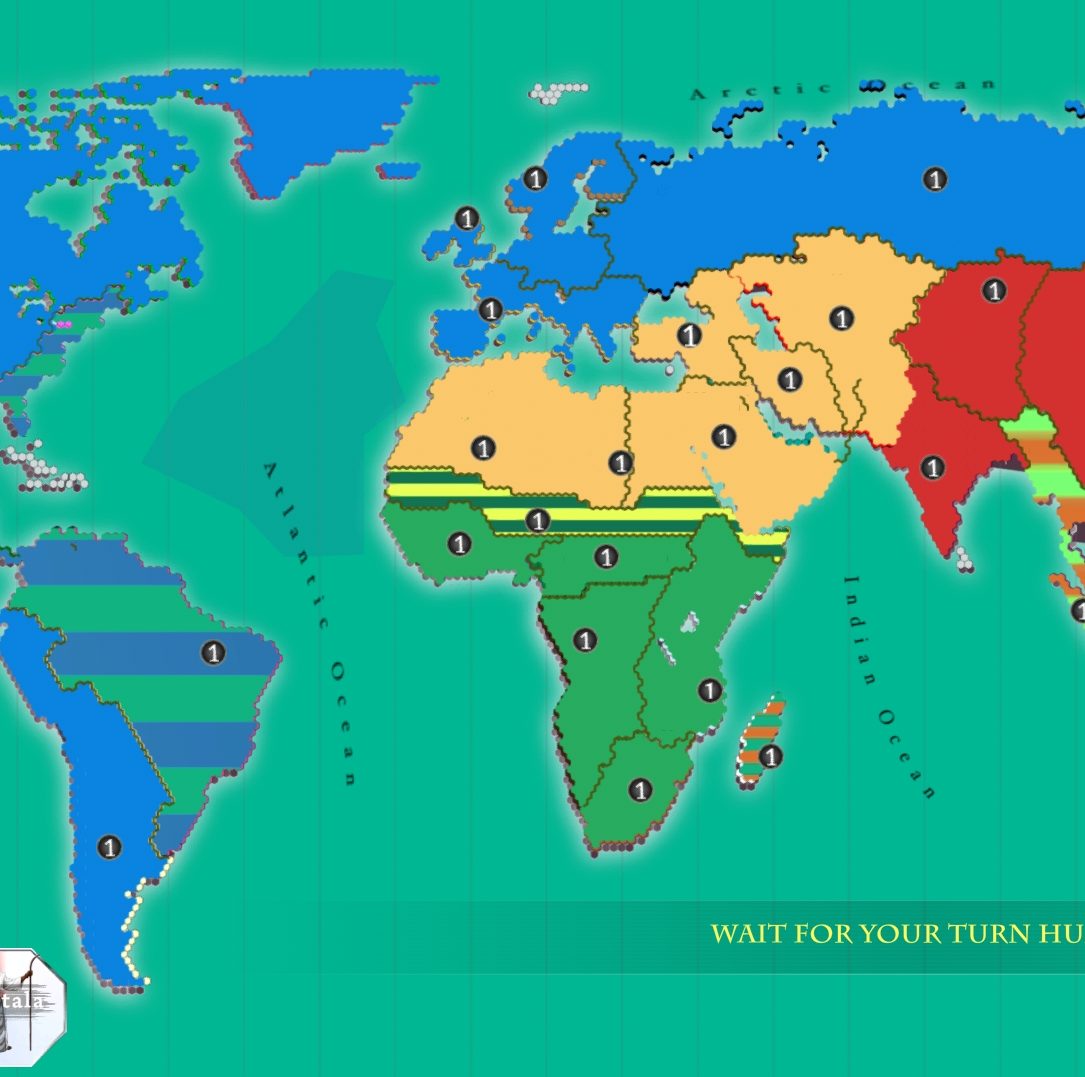Nigeria has to move beyond its dependence on oil exports.
Yes, we have heard global market news that very soon most cars won’t be using petrol, and crude oil prices will crash.

Whether oil prices crash or not, the right perspective is to find ways to move Nigeria out of its colonial economic status of supplying raw materials and a dumping ground for foreign manufactures.
Otherwise, if we continue with the same economic perspective we might end up looking to supply raw materials for the battery operated car.
Even if crude oil prices fall, its various chemicals can sustain viable petrochemical, pharmaceutical and plastics industries.
Considering regional comparative advantages, the South-South and Southeast are best suited to develop these industries, especially around Port Harcourt citystate.
There have been studies that due to the low local labour costs, fully operational Nigeria petrochemical and pharmaceutical industries will cost USA alone five to ten million jobs around Texas and the South.
The South-South and Southeast won’t be the only regions to survive the fall in federal allocations of petrodollars since other regions have other regional advantages which have neglected due to over-centralization and over dependence on oil.
The Southwest, the Lagos-Ibadan-Benin triangle, that currently accounts for over 60% of manufacturing, needs to move into heavy manufacturing – cars, electronics, industrial machines and engines.
The Lagos citystate, with a huge population for market and skilled labor, needs a complete iron and steel complex in Shagamu to feed its plans of a car and electronics manufacturing center in Lekki free trade zone. This will provide millions of jobs and huge profits, greater than anything crude oil ever earned.
Another huge natural resource if locally processed is our herbs and herbal medicines. The Chinese herbal medicine is worth billions globally. We will need a cultural revolution to understand and appreciate our local herbal resources and traditional medicine.
The herbal medicine is not only a preserve of the southwest but across the Southbelt. For example Ugu is a blood tonic which the Chinese have now started exploiting and valued in billions especially processed into blood tonics or other food supplements.
The Middlebelt, Northcentral region’s comparative advantage is agriculture. The food basket of Nigeria produces most of its staple foods like Yam, tomatoes, pepper etc. About 70% of the world’s yams are grown in Nigeria.
Agriculture and agro-allied industries, in order to be productive need huge capital outlays especially for mechanized farming, huge storage facilities and heavy duty processing machinery.
In the Western world, agriculture is a rich man’s business and farmers are heavily subsidized to the disadvantage of small scale African farmers.
Even before considering subsidizing agriculture, we need to set up structures. Though we have had the likes of Dangote invest in agriculture and Agro-allied industries, there is a paucity of super rich potential agroprenuers.
I have suggested that the government should commit huge tracts of arable land, mechanize it and launch it has a mega company that would be sold on the stock market for better management and profitability.
The Middlebelt belt could make far more if it becomes a land of mechanized farming than what it current collects in federal allocations, being a non-oil producing region.
The Middlebelt is also rich in precious stones and industrial raw materials.
The Core North, Northwest and Northeast regions greatest comparative advantages is energy production, especially solar energy. If its unlimited Sun is exploited, the regions can supply energy throughout Nigeria, across Africa and into Europe.
If its solar energy potential is fully exploited, it could also be used for irrigation and extending the Middlebelt food basket much further North.
So actually life fully begins in Nigeria after oil dependence. The hope is that we don’t wait till we are hungry before knowing what next to cook.
We urgently need to build economic liberating infrastructure like powerplants to power our heavy manufacturing, petrochemical and plastics industries.
One of the most important economic infrastructural project is the Lagos Calabar railway line, which is believed will transform the economy like the 1800s US railroads boom.
Three east to west lines, especially the Lagos-Calabar line will open and link markets across the South. Its use of iron will help the establishment and share the overheads of our iron and steel complex.
The Iron and steel complex of the Lagos citystate will be linked to the petrochemical and plastics industries, helping our local electronics and car manufacturing industries synergies.
So the pertinent question is why hasn’t Nigeria built over the last 58yrs of independence the necessary economic infrastructure like powerplants, refineries, railways etc necessary to wean it away from petrodollars and build an industrial base.
The bitter truth is sabotage and institutional constraints.
Basically, we have tried two approaches to infrastructural development. For the most part, we have tried the normal way of financing and giving out contracts. However, we have ended up mostly with uncompleted projects due to discontinuity of government policies, budgetary constraints and outright embezzlement.
It must be said that this is not only peculiar to Nigeria but the whole developing world especially across Africa and South America where development efforts failed from the Sixties to the Nineties.
With the advent of the Chinese on the world stage of economic liberating infrastructure, the approach has changed and is more effective, as witnessed across South America, Kenya, Ethiopia etc
Chinese financed and turnkey projects have a greater chance of completion since the Chinese don’t give cash that could be diverted to other uses.
However, this might not suffer a premature death with the current anti-China propaganda that its economic liberating infrastructure development is actually a guise to colonize despite not having any colonial history.
This takes us to sabotage in order to keep Nigeria in its colonial economic status of being a raw materials depot and finished products dumping ground.
As earlier stated, the USA will lose millions of jobs if Nigeria develops its petrochemical and pharmaceutical industries. Not only USA will lose jobs if Nigeria becomes industrialized but other Western Nations, so there is a geopolitical element in the failure to build infrastructure.
On 3 occasions – 1965, 1984, 2015 – as Nigeria attempted to build an economic base, there is proof that the West inspired a corruption propaganda against the ruling government which led to regime change, foreign exchange devaluation, economic crash and key projects like Ajaokuta, Mambilla and Lagos-Calabar railway disrupted.
So, the theory on how to move the nation forward might be easier postulated than practice considering national and international geopolitics.
Ultimately, petrodollars has acted as a pacifier to the masses, and it’s shortfall might have the same effect that the loss of foreign income had on France and led to the Revolution.
If Nigeria’s leadership is not proactive in planning and providing other income streams, the loss of petrodollars will lead to social unrest.







